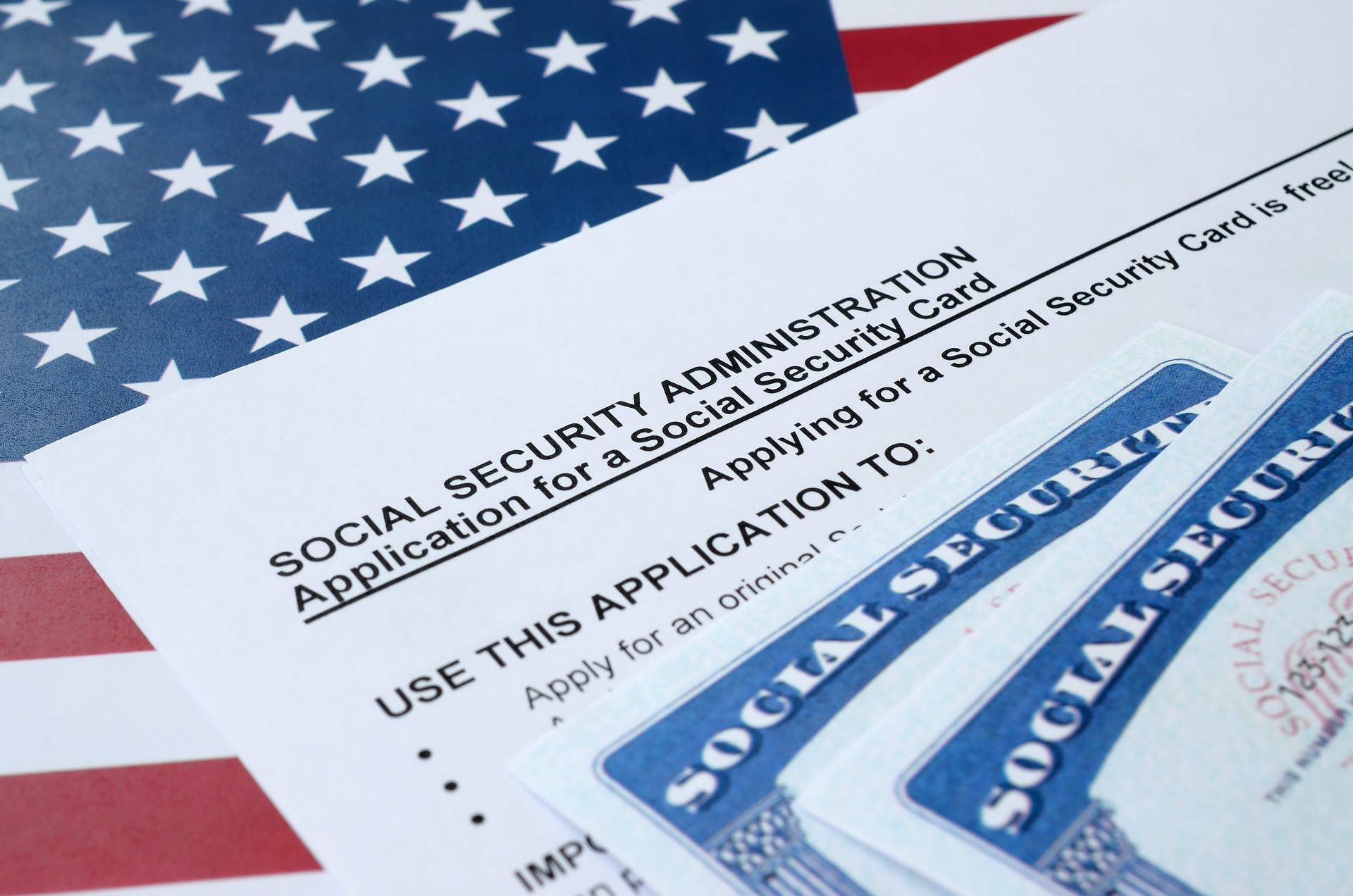
Foreign Earned Income Exclusion
Imagine this: You’ve been meticulous about filing your taxes. You’ve reported every cent earned, every penny spent, and crossed all your t's and dotted all your i's. Then, one day, you receive a letter from the IRS. You've missed a crucial form - the one they really care about. Cue the panic, right? Well, not if you understand the Foreign Earned Income Exclusion (FEIE).
What is Foreign Earned Income Exclusion (FEIE)?
The Foreign Earned Income Exclusion, or FEIE, is a tax provision that allows U.S. citizens and resident aliens living abroad to exclude a portion of their foreign earnings from their U.S. income taxes. It's not a tax evasion scheme or an IRS loophole. It's a legitimate strategy designed to avoid double taxation - paying taxes in both your host country and the U.S.
In 2021, the exclusion limit is $108,700. This means you can earn up to that amount in foreign income and not owe any U.S. income tax on it. But remember, it’s not as simple as earning money abroad and forgetting about Uncle Sam. There are rules and qualifications to meet.
What to Do About it
First, determine if you qualify. You must pass either the Bona Fide Residence Test or the Physical Presence Test. The Bona Fide Residence Test requires you to be a genuine resident in a foreign country for an entire tax year. The Physical Presence Test requires you to be physically present in a foreign country for 330 full days during a 12-month period.
File Form 2555 with your U.S. income tax return. This is the form you use to claim the FEIE. If you are self-employed, you can still claim the FEIE, but you're still on the hook for self-employment tax.
Common Mistakes
You'd be surprised at the number of expats and freelancers who mess this up. One client, let's call him Jack, had six Stripe accounts for his various freelance gigs. He was earning well below the FEIE limit on each account but had no idea his combined income was triggering a U.S. tax filing requirement.
Another common mistake is assuming that because you pay taxes in a foreign country, you don't have to file a U.S. tax return. Wrong. The U.S. operates on a worldwide taxation system, meaning U.S. citizens and resident aliens must report all income, whether earned in the U.S. or abroad.
Resources and Strategies That Actually Help
First, educate yourself. The IRS website has a wealth of information on FEIE, including a detailed FAQ section.
Second, keep immaculate records. Keep track of when you enter and leave each country, your income, and any taxes paid. This can be a lifesaver if the IRS ever questions your FEIE claim.
Finally, consider consulting a tax professional familiar with U.S. expat tax issues. They can help you navigate the complexities of FEIE and ensure you're not paying more tax than necessary.
Overthinking this? You're not alone. Tax codes are notoriously complex, and the last thing you want is to find yourself on the wrong side of the IRS. If you're unsure which form applies to your situation or how to maximize your FEIE, we're here to help. Upload your documents, and we'll untangle the tax mess for you.
Stay Ahead of Tax Season
Join the EdgeLetter our monthly newsletter with quick tax tips, expat deadlines, and freelancer reminders.
.png)
.png)


























.png)